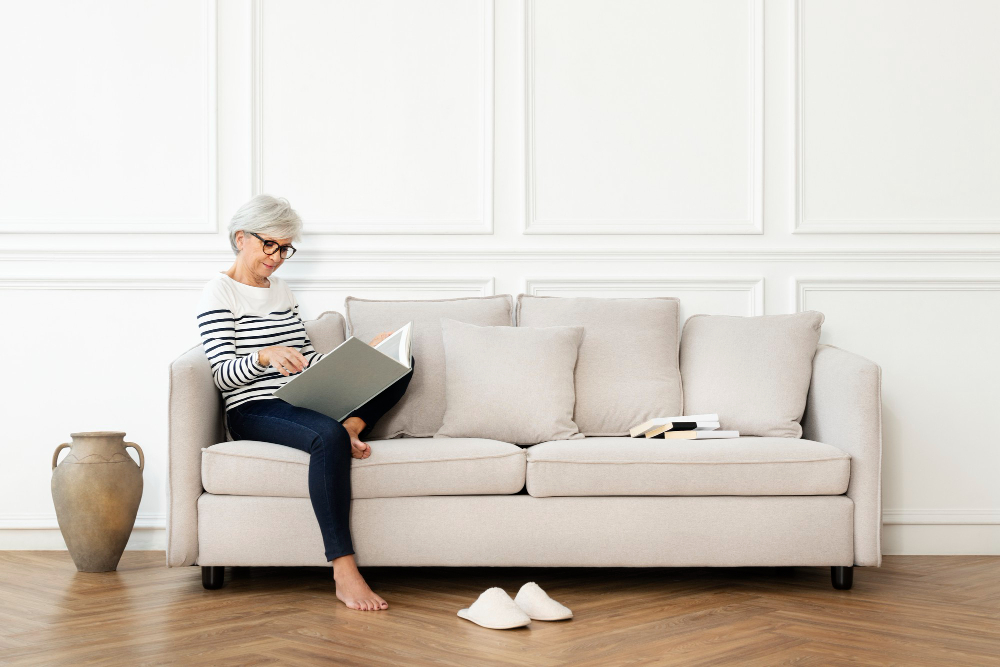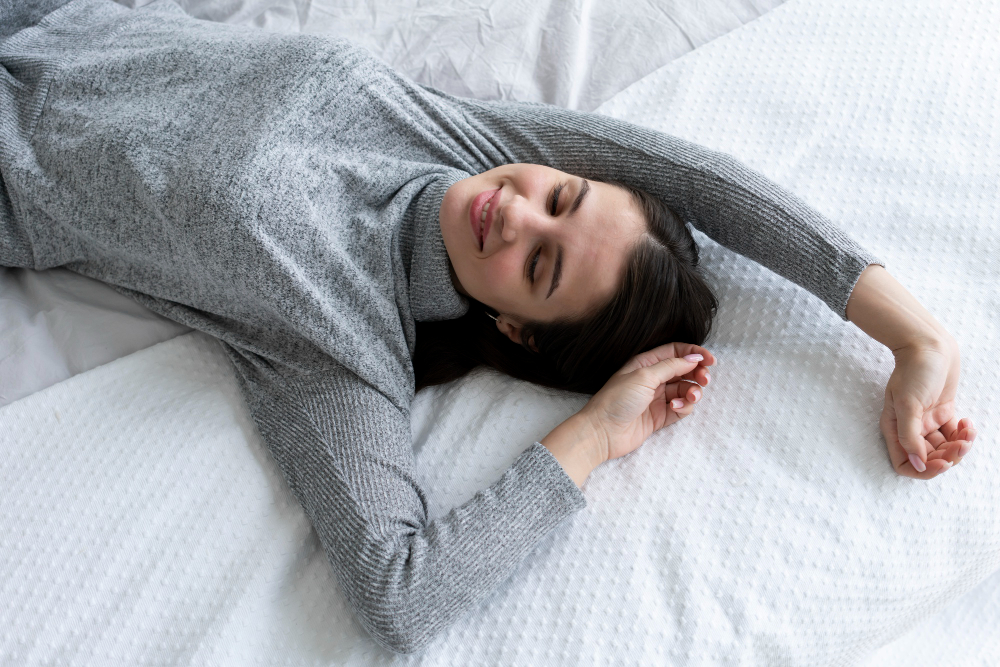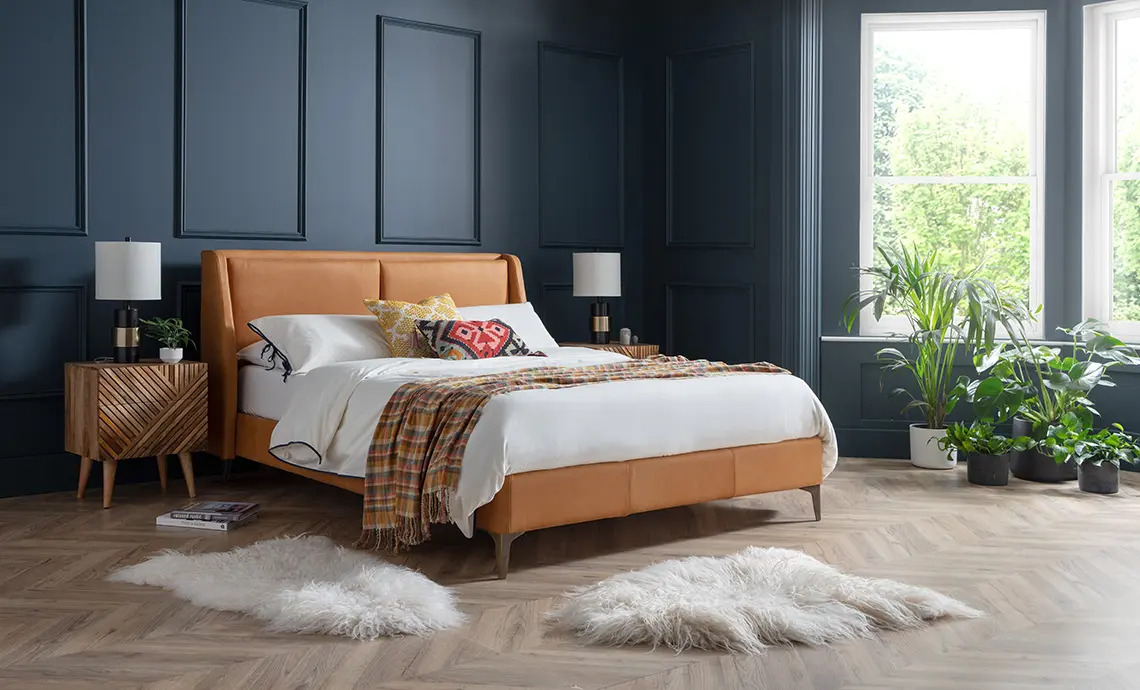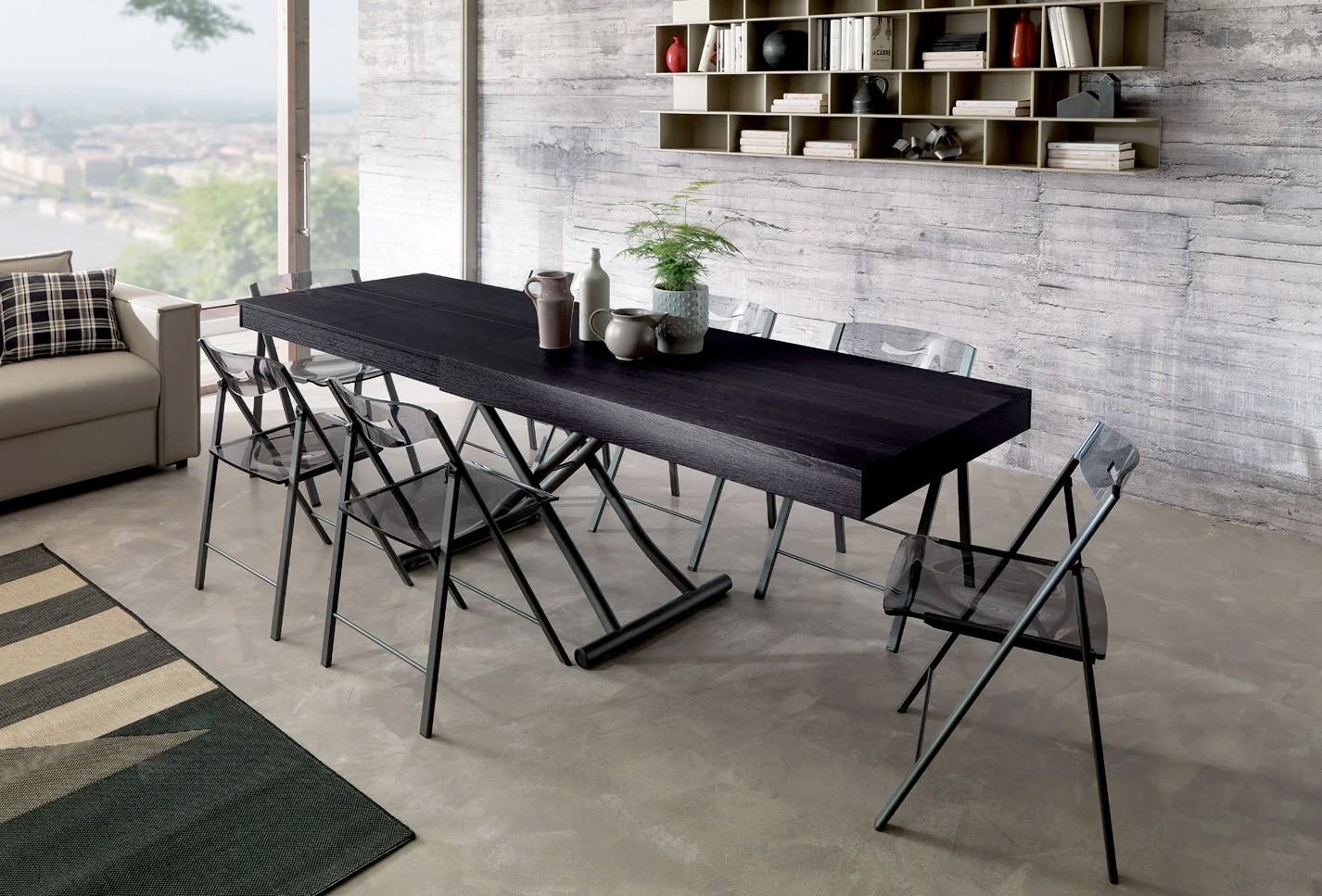Back pain may feel like an unwelcome guest after a long day, but have you stopped to think about what might be causing it? The sofa you sink into might feel cosy for a while, but if it’s too soft, it’s likely letting your lower back sag. Even your daily dining chairs can be a culprit, without proper support, they can leave you shifting uncomfortably before dessert even arrives. And that mattress you’ve been meaning to replace is probably doing your back no favours as you sleep.
Over time, the strain from poor positioning creeps into your muscles and joints, leaving you stiff, sore, and searching for relief. When your furniture doesn’t support you properly, your body fights to stay in alignment.
It’s time to protect your physical health with furniture that supports your lifestyle. Don’t let poor design be the reason you’re stuck battling aches and pains.



.jpg)


